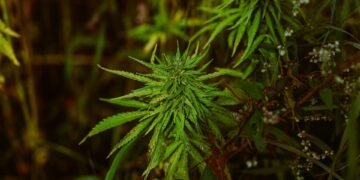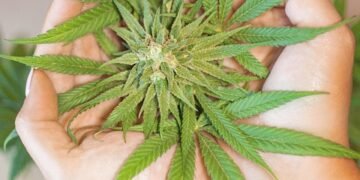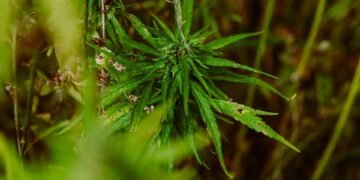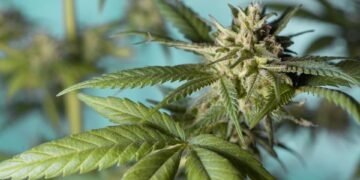The Green Revolution: The Rise of Hemp Farming in the Modern Agricultural Industry
With the increasing demand for sustainable and environmentally friendly products, hemp farming has seen a resurgence in recent years. Hemp, a versatile plant that has been used for centuries for its fibers, seeds, and oil, is now being recognized for its potential to revolutionize the agricultural industry. In this article, we will explore the rise of hemp farming and its impact on modern agriculture.
What is Hemp?
Hemp, or industrial hemp, is a variety of the Cannabis sativa plant species that is grown specifically for industrial purposes. Unlike its cousin marijuana, hemp contains very low levels of THC, the psychoactive compound that gives marijuana its intoxicating effects. This makes hemp an ideal crop for industrial use, as it can be grown legally in many countries without the stigma associated with marijuana.
The Benefits of Hemp Farming
There are numerous benefits to hemp farming that make it an attractive option for farmers and environmentalists alike. One of the main advantages of hemp is its versatility. Hemp can be used to produce a wide range of products, including textiles, paper, biodegradable plastics, building materials, and even food and nutritional supplements.
Additionally, hemp is a highly sustainable crop that requires minimal inputs. Hemp grows quickly and densely, outcompeting weeds and reducing the need for herbicides. It also requires very little water compared to other crops, making it a drought-resistant option for farmers in arid regions. Hemp plants also have deep root systems that help to prevent soil erosion and improve soil health.
Furthermore, hemp is a carbon-negative crop, meaning that it absorbs more carbon dioxide from the atmosphere than it produces during cultivation. This makes hemp farming an important tool in the fight against climate change, as it can help to sequester carbon and reduce greenhouse gas emissions.
The Legalization of Hemp Farming
One of the main drivers behind the rise of hemp farming in recent years has been the legalization of industrial hemp in many countries around the world. In the United States, the 2018 Farm Bill removed hemp from the list of controlled substances, making it legal to grow hemp for commercial purposes. This has opened up a new market for hemp farmers and has led to a surge in hemp cultivation across the country.
Other countries, such as Canada, Australia, and parts of Europe, have also legalized hemp farming in recent years, leading to a global increase in hemp production. This has created new opportunities for farmers and entrepreneurs to capitalize on the growing demand for hemp products.
The Rise of Hemp Products
As hemp farming has become more widespread, the market for hemp products has also grown significantly. Hemp fibers are being used to produce sustainable textiles and clothing, while hemp seeds are being used in a variety of food and nutritional products. Hemp oil, extracted from the seeds of the plant, is being used in cosmetics, skincare products, and even as a dietary supplement.
One of the most exciting developments in the hemp industry is the emergence of hemp-based plastics. Unlike traditional plastics, which are made from fossil fuels and can take hundreds of years to decompose, hemp plastics are biodegradable and environmentally friendly. This has the potential to revolutionize the plastics industry and reduce our reliance on non-renewable resources.
The Future of Hemp Farming
As the demand for sustainable and environmentally friendly products continues to grow, the future of hemp farming looks bright. With its numerous benefits and versatile applications, hemp has the potential to become a major player in the modern agricultural industry. As more countries legalize hemp farming and consumers become more aware of the benefits of hemp products, we can expect to see even greater innovation and growth in the hemp industry.
In conclusion, the rise of hemp farming is a testament to the power of sustainable agriculture and the potential for positive change in the agricultural industry. With its versatility, sustainability, and numerous benefits, hemp is poised to revolutionize the way we produce and consume goods. As we continue to embrace hemp farming and the products it produces, we can look forward to a greener and more sustainable future for agriculture and the planet as a whole.





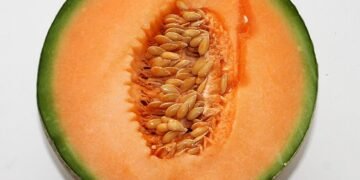














![The Mind-Blowing Effects of [Cannabis Strain]](https://cannabisdailyguide.com/wp-content/uploads/2025/10/tree-4138799_960_720-360x180.jpg)









